Dive into a collection of articles that amplify neurodivergent voices, support a more thorough understanding of neurodiversity, and challenge common misconceptions.
Month
- February 2026
- January 2026
- December 2025
- November 2025
- October 2025
- September 2025
- August 2025
- July 2025
- June 2025
- May 2025
- April 2025
- March 2025
- February 2025
- January 2025
- December 2024
- November 2024
- October 2024
- September 2024
- August 2024
- July 2024
- June 2024
- May 2024
- April 2024
- March 2024
- February 2024
- January 2024
- December 2023
- November 2023
- October 2023
- September 2023
- August 2023
- July 2023
- June 2023
- May 2023
- April 2023
- March 2023
- February 2023
- January 2023
- December 2022
Author
- Abs S. Ashley
- Adam Fare
- Aimee Fletcher
- Aisling Sheehy
- Andreia Costa
- Ann Memmott
- Antonia Aluko
- Bethan Warner
- Beverley Samways
- Brendan Maguire
- Callum Stephen Howes
- Cassandra Lovelock
- Charli Clement
- Chloe Webster-Harris
- Claire
- Cos Michael
- Darren O'Reilly
- Dr Catherine Crompton
- Dr Virginia Carter Leno
- El Dewar
- Elise Guthrie Stirling
- Emily Wooden
- Emily Lees
- Emily Katy
- Emma
- Emma Nielson
- Grace Lee
- Harriet Axbey
- Hat Porter
- Helen Edgar
- Iqra Babar
- Jill Corbyn
- Kai Schweizer
- Katrine Callander
- Kay Louise Aldred
- Krysia Waldock
- Kyra Thompson
- Lizzie Smith
- Lou Chandler
- Lucy Gilbert
- Meena Kumari
- Molly Anderton
- Molly Siobhan Parker
- Nick Ransom
- Reesha Zahir
- Remie Colledge
- Rhiannon Williams
- Rod Landman
- Rose Matthews
- Sarah Douglas
- Sarah Boon
- Sascha Bellamy
- Sophie Broadgate
- Stop Oxevision
- Tania Robinson
- Thomas Barnett
- Tina
- Trauma Geek
- Victoria Denham
- Warda Farah
- Zoë Austin
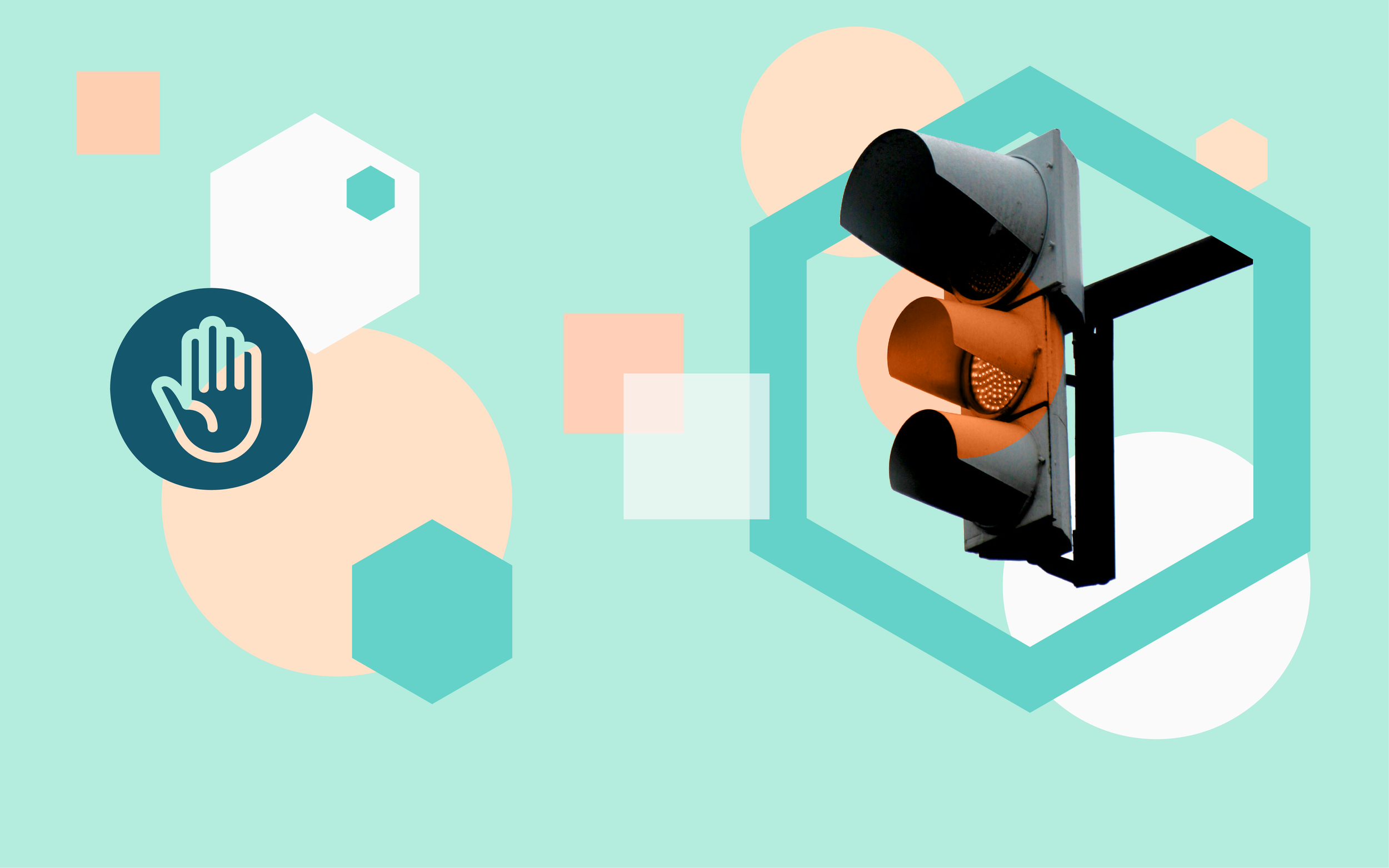
Defining boundaries: navigating the challenges of working in lived experience roles.
In today’s blog, Molly Anderton, a Lived Experience Advisor at NdC, shares her experience of defining and holding boundaries within her role and how this enables her to share her passion and sense of purpose whilst protecting her own wellbeing.

Working on the Culture of Care Programme
Mental health researcher, Emma Nielson shares their unique perspective of working on the Culture of Care Programme, NHS England’s Quality Transformation Programme as a Lived Experience Advisor.
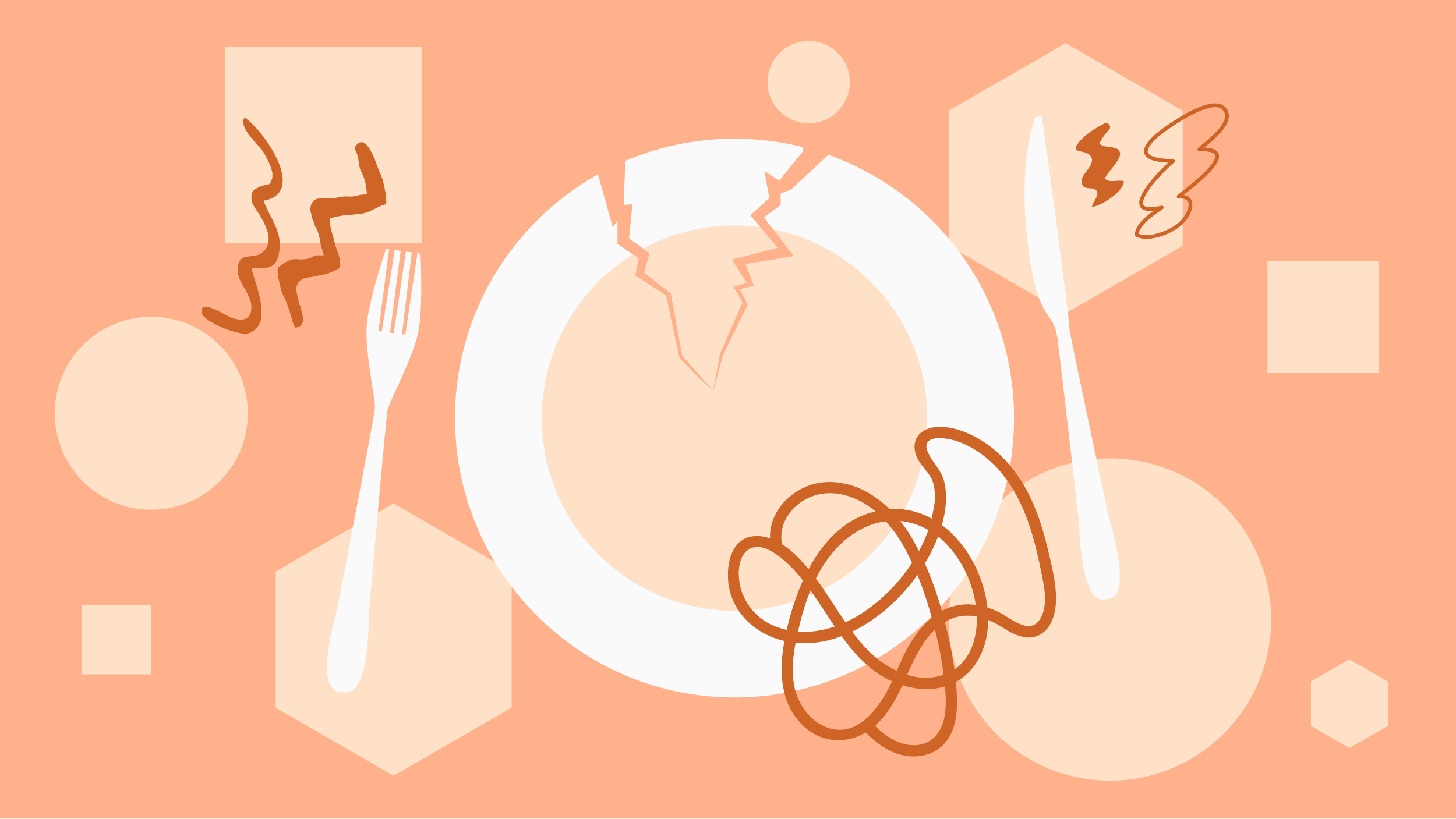
An Autistic journey of Anorexia recovery
In recognition of Eating Disorder Awareness Week 2025, Molly Anderton, NdC Lived Experience Advisor and Development Lead, shares a deeply personal account of how her experience of being a late diagnosed Autistic adult has impacted and informed her recovery from Anorexia.

Supporting an Autistic loved one with an eating disorder
Emma shares their lived experience perspective on how families and loved ones of autistic individuals with eating disorders can navigate the complexities of offering support.
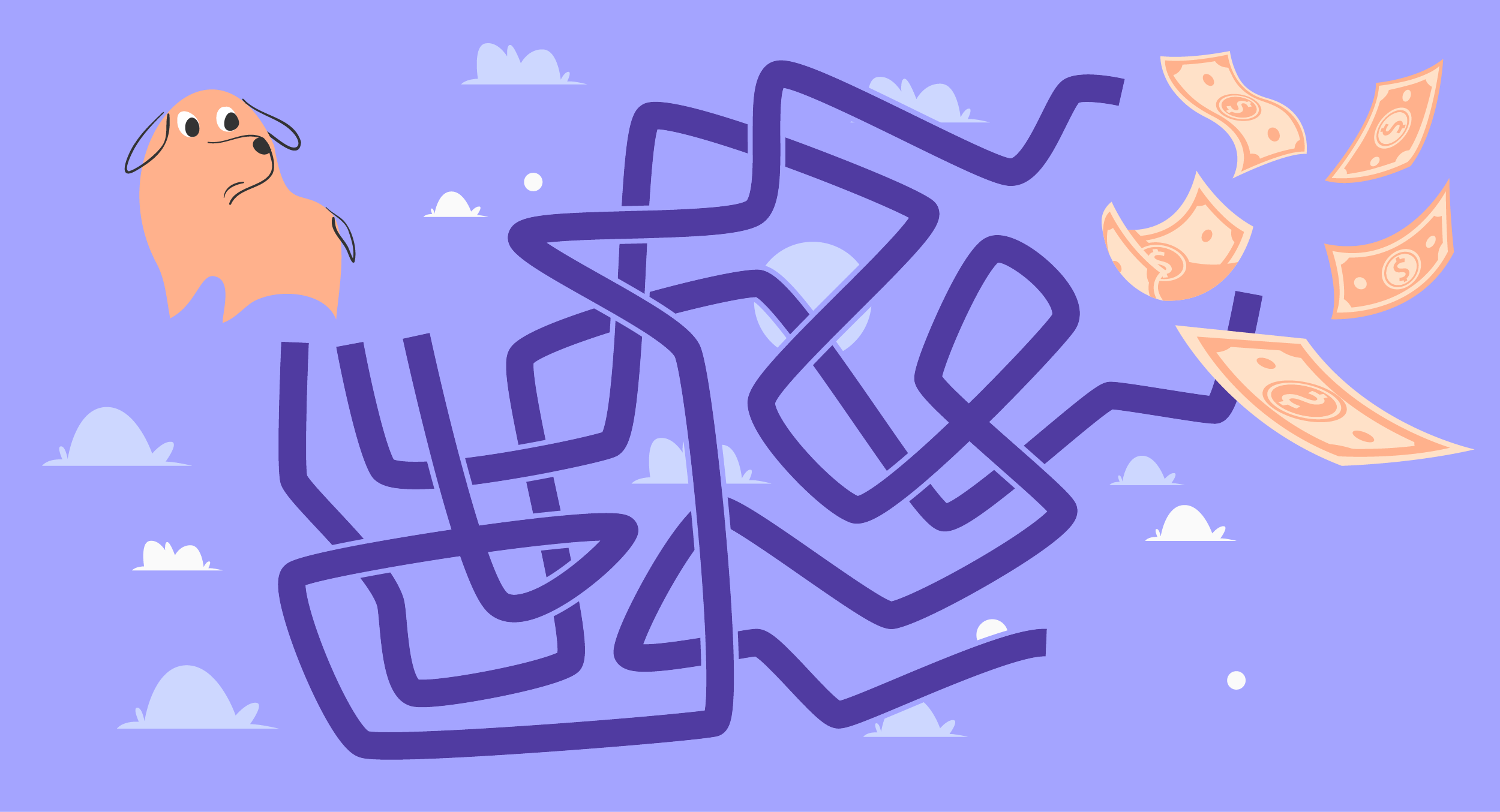
Applying for PIP as an Autistic person
Emily Wooden shares a frank account of her difficult experience applying for PIP as an Autistic person, and how it forced her to confront some challenging reflections around masking and identity.
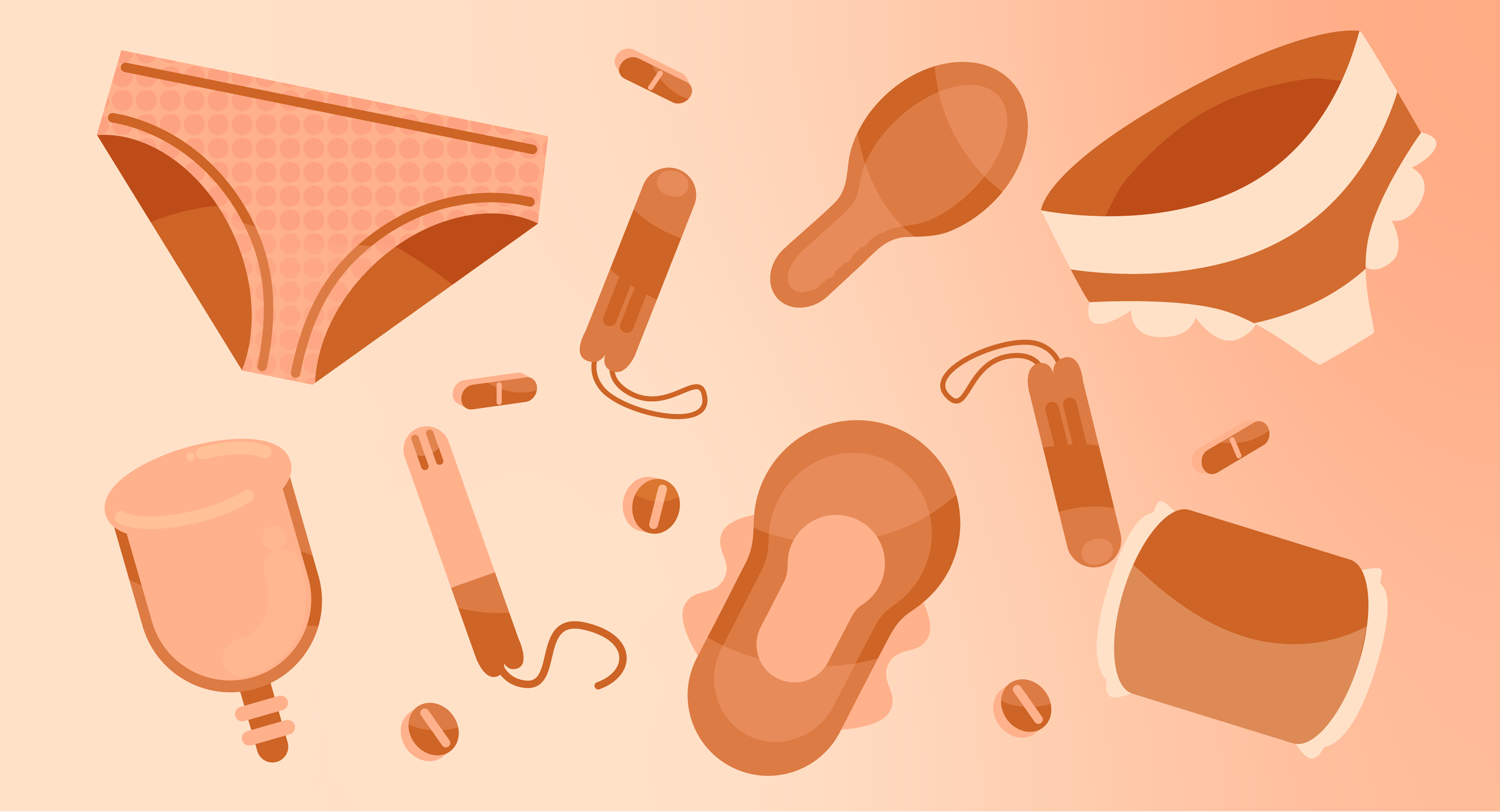
Menstruation in psychiatric inpatient settings
Hat Porter explores the experiences of menstruating whilst in psychiatric inpatient settings, informed by their own lived experience and their latest research, conducted with support from the National Survivor User Network (NSUN).

‘Meet us halfway’—better communication between mental health inpatient staff and Autistic service-users
In this blog, Emma shares suggestions, derived from their own lived experience of mental health inpatient services, for how staff can develop better relationships and improve their communication with Autistic services users.
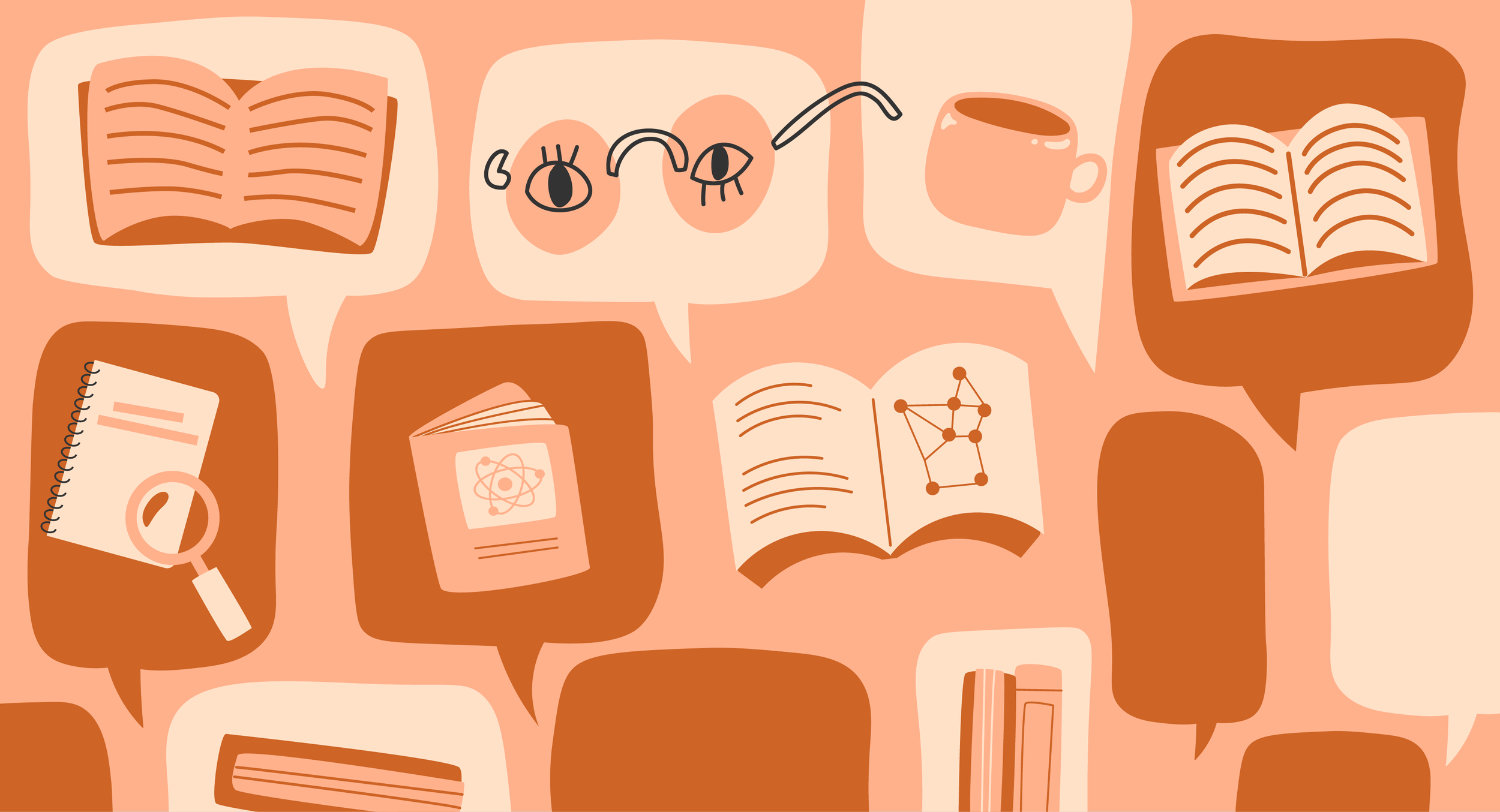
4 Questions For…Authors of Neurodivergent Education and Lifelong Learning: From Babble to Later Life
We sit down to discuss Krysia Waldock and Nathan Keates new edited book, exploring Neurodivergent learning from babble to later life.
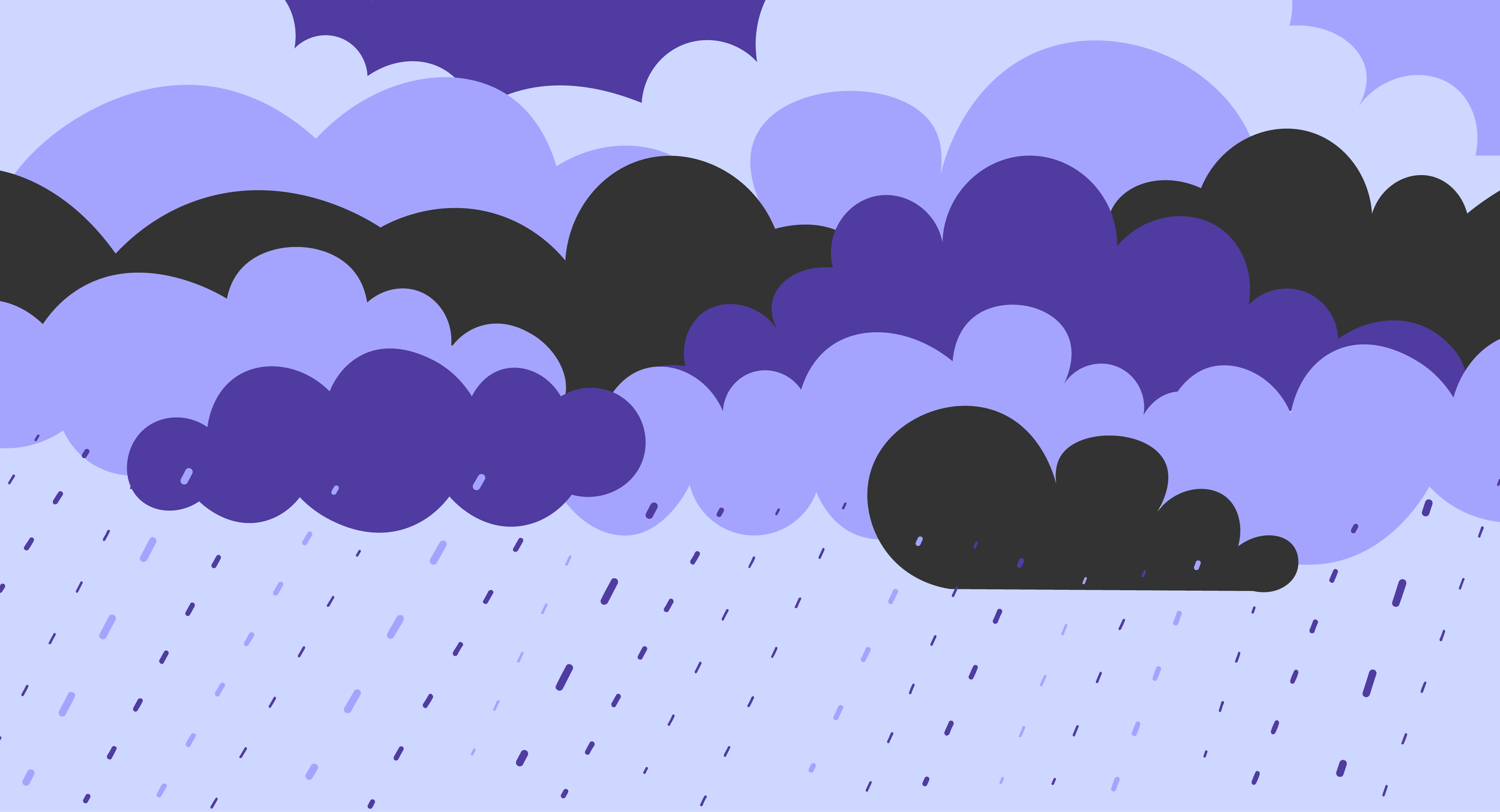
Toxic Positivity, Masking and The Importance of a Bad Day
El Dewar shares a surprisingly empowering exploration of bad days, and spotting the restrictions of masking negative emotions with ‘toxic positivity’.

Autism and talking about poor health
In this Lived Experience account, Cos Michael reflects on how their autism may have impacted their emotional processing of a diagnosis of ill-health and their subsequent experience of treatment.
- ABA
- abuse
- accessible
- ADHD
- adults
- advocacy
- affirming
- aging
- assessment
- autism
- autistic parents
- black autistic
- building design
- burnout
- childhood
- children
- co production
- coercive control
- communication
- community
- culture
- depression
- Designing Homes for Sensory Differences Summit 2024
- diagnosis
- disability
- dyslexia
- eating disorders
- education
- empathy
- employment
- environment
- ethics
- executive functioning
- family
- friendships
- GCC Summit 2023
- gender
- grooming
- guidance
- health
- healthcare
- holiday
- housing
- human rights
- identity
- inclusion
- inpatient
- intersectionality
- joy
- language
- late diagnosed
- learning disability
- LGBTQIA+
- lived experience
- masking
- medicalisation
- meltdown
- mental health
- monotropism
- mothers
- nervous system
- newly diagnosed
- NHS
- OCD
- online
- pain
- parents
- PBS
- peer support
- play
- psychiatric care
- quality of life
- race
- racism
- reasonable adjustments
- relationships
- research
- resources
- routine
- school
- self diagnosis
- self regulation
- sensory environment
- sensory overwhelm
- sensory processing
- services
- sexism
- special interests
- spirituality
- stimming
- stress
- suicide
- support
- therapy
- training
- trauma
- trauma-informed
- women
- workplace
- young people
Got something to say?
We commission blogs from neurodivergent writers. We are particularly keen to hear from people of colour, older people, and non-speaking members of our community. Help us in our mission to amplify the views and voices that are most often left unseen and unheard.


